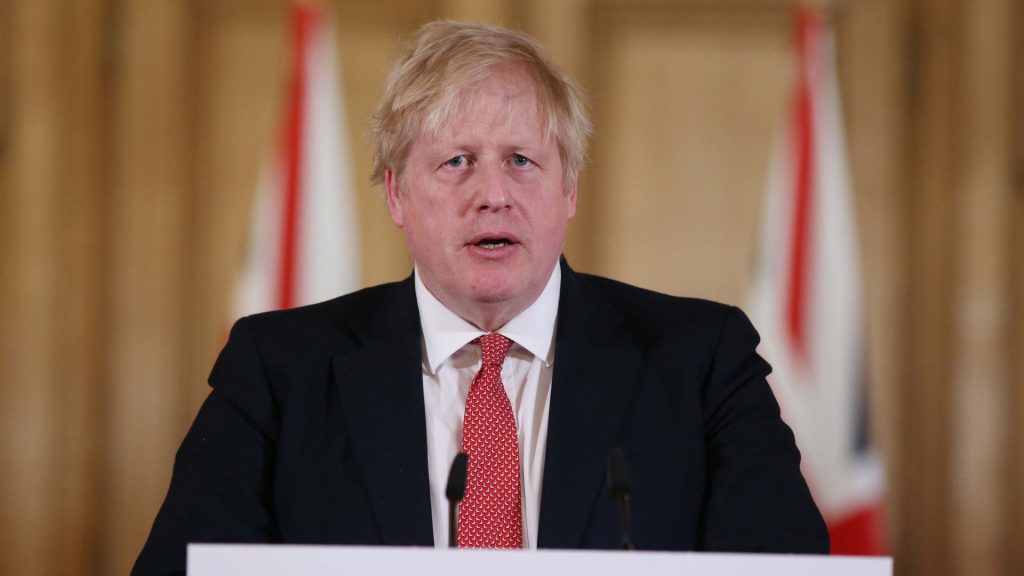London: British Prime Minister Boris Johnson left intensive care Thursday evening as he continues his recovery from COVID-19. However, doctors said that Boris Johnson will remain under close observation in hospital.
Johnson, 55, was admitted to St Thomas’ Hospital here Sunday evening with a persistent high temperature and cough, and was rushed to intensive care Monday where he spent three nights receiving treatment.
“The prime minister has been moved this (Thursday) evening from intensive care back to the ward, where he will receive close monitoring during the early phase of his recovery,” a spokesman from Boris Johnson’s office said in an emailed statement. “He is in extremely good spirits,” he added.
Johnson was the first world leader to be hospitalised with coronavirus, forcing him to hand control of the world’s fifth-largest economy to foreign minister Dominic Raab just as Britain’s outbreak approaches its most deadly peak.
Raab tweeted that the improvement in Johnson’s condition was ‘the news we all wanted to hear’. US President Donald Trump described it as ‘great news’. Johnson’s ongoing recovery prompted a small rise in the value of sterling against the dollar.
However, the British government statement did not give any details on when Johnson may be able to resume leadership, and Raab – speaking before the latest announcement – had stressed the importance of allowing the prime minister to focus on recovery.
Dominic Raab is deputising for Johnson during the most stringent shutdown in Britain’s peacetime history. Earlier Raab told a news conference it was too early to end the lockdown because Britain had not reached the peak of the outbreak yet.
The UK death toll in hospitals from coronavirus now stands at 7,978, a rise of 881 on the day but a smaller increase than the 938 seen in Wednesday’s data.
With Johnson absent and the death toll still mounting, the British government is wrestling with two major issues – how to finance a vast increase in state spending to support the shuttered economy, and when to start easing lockdown measures.
Agencies




